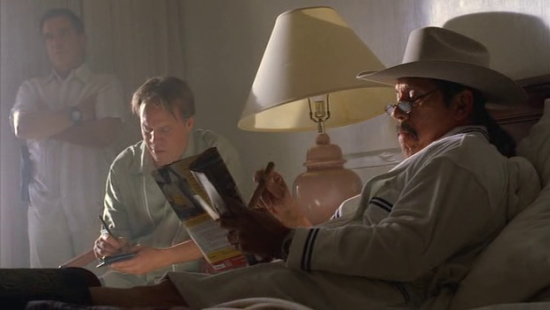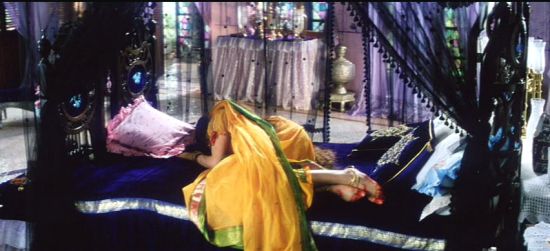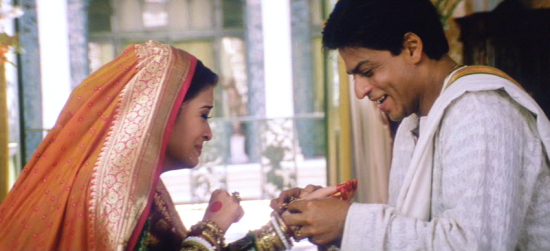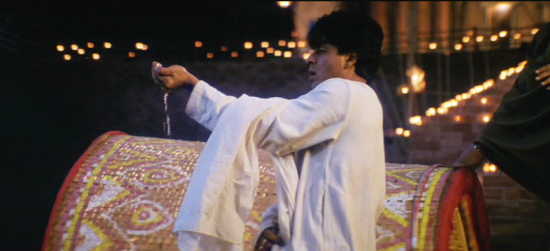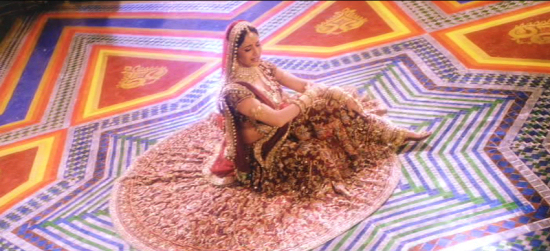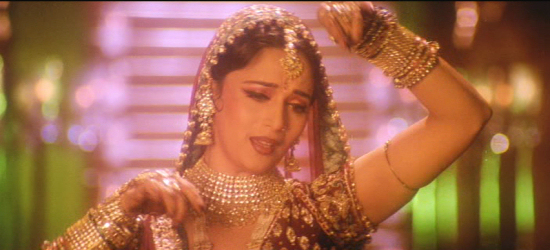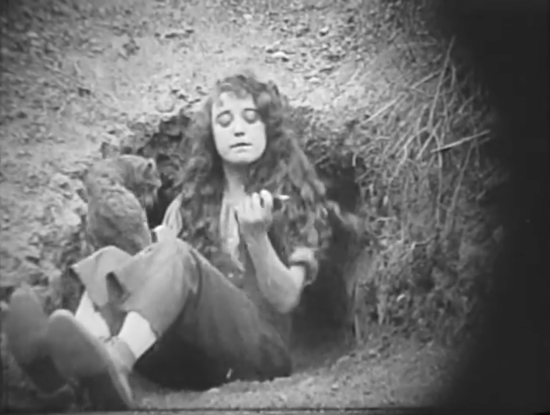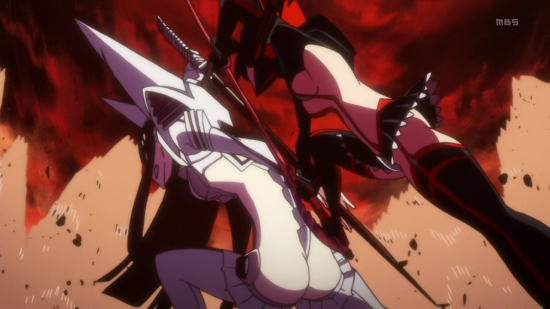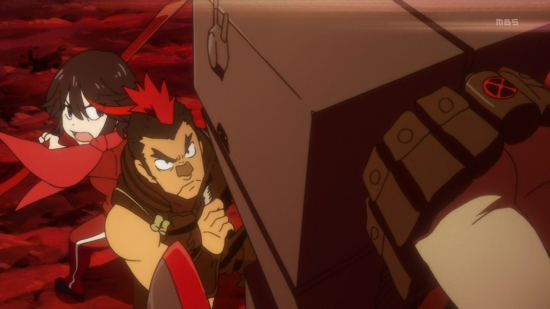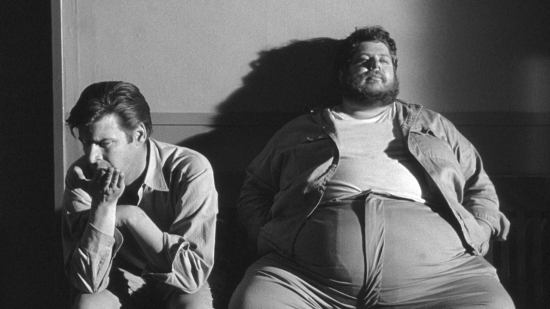
One tends to think more of lost love than
of the absence of dreams when one thinks of the lyrics to the song "Blue
Moon". But the singer caught, standing alone in the cold light of the
moon, illuminating his or her lack of inspiration, is far more significant to
Woody Allen's 2013 film Blue
Jasmine than anything else in the song. Essentially a
modern day version of A Streetcar Named Desire, the film is
in its own right a brilliant portrayal of human nature, whittling away
absolutist moral judgements and portraying just people caught in the traps of
personal and social illusions.
The analogue for Blanche DuBois is
Jasmine--played flawlessly by Cate Blanchett--who we meet babbling about her
life history to a stranger in first class on a flight from New
York to San Francisco.
It's the first of several occasions in the film where she fondly recalls
"Blue Moon" being played at her wedding to Hal (Alec Baldwin) who we
meet in flashbacks shown throughout the film. He's dead at the beginning of the
film.
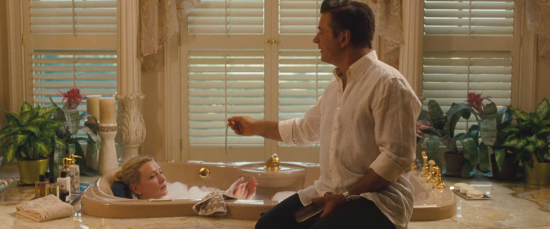
A sort of Bernie Madoff investment
swindler, his incarceration was accompanied by complete financial ruin. Since
he'd used Jasmine's name on many of the fraudulent documents, her assets are as
thoroughly claimed by the United
States government. So she goes west to live
with her working class adoptive sister, Ginger (Sally Hawkins), who's engaged
to one of the Stanley Kowalski analogues, Chili (Bobby Cannavale).

The film splits Stanley into two characters, the other being
Ginger's ex-husband Augie who, in the film's most surprising bit of casting, is
played by Andrew Dice Clay. Both Chili and Augie are rough, blue collar guys
but Chili gets more of Stanley's
brutality--having the film's version of the famous "Stella!" scene.
When, under the influence of Jasmine's judgments, Ginger breaks up with Chili,
he breaks her telephone.
Augie, meanwhile, gets Stanley's
insightfulness and breaks through Jasmine's deceits in a far gentler way than Stanley broke down
Blanche.

It is perhaps more interesting in the
Tennessee Williams play to have one man possessing both qualities but Clay does
deliver a great performance. Maybe it isn't surprising since he's used to
appearing in interviews improvising as his "Dice" character--he's so
good at it that many people don't realise it is a character.

Jasmine talks about wishing she'd finished
her degree in anthropology and says she wishes to be someone
"substantial", something of a contrast to the woman we meet in the
flashbacks who contently existed in wilful ignorance of her husband's schemes.
She hatches a hazy plan of becoming an interior designer--she heard of someone
who'd gotten a degree in interior design online so Jasmine takes a class on
computers which she proves to do very poorly in. But "designer" is a
good word for what Jasmine is by nature--with her husband's wealth, she had
designed a life for herself as distant from reality as the moon. Without those
resources, she finds her designs pale in comparison to more substantial dreams.
Jasmine is manipulative and shallow but the
genius of the story is in how horrible we feel for her. Her thin personal
philosophy is one that stiffly divides humans between those who have worth and
those who don't and it's our empathy for her that proves her wrong.
Twitter Sonnet #591
Wax pearls revive the roof tile
clay knife.
Vanished bays resort to bouquet glimmers.
Yaks repair bargain dignity for life.
In excess heat even pizza simmers.
Quads of cubed ice respect the sliced
concrete.
Power walking blackboards bring toes to
hand.
Salted sardines destroy the melted peat.
Rubber plays alone in elastic band.
Yoda played chess in Russia for nine
years.
Backgammon has been mentioned fifteen
times.
Goban stones crawl across his leafy ears.
Only Force sack vibrates for midnight's
chimes.
Corrugated campus platinum flakes
Silently fall on cherry blossom
rakes.








